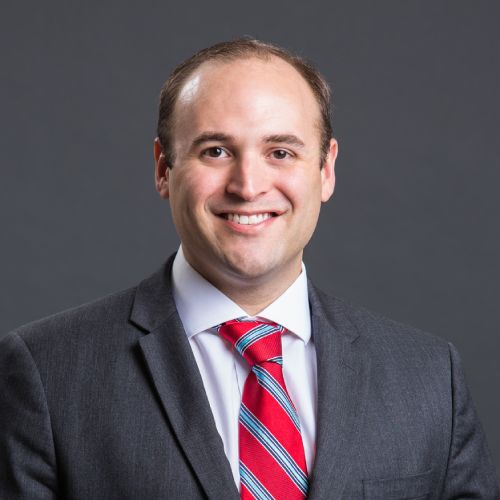When health issues arise, we place our trust and well-being in the hands of medical professionals, expecting accurate and timely diagnoses. However, if a doctor fails to diagnose a condition correctly, the consequences can be severe. Patients then face a critical question: Are doctors liable for a misdiagnosis? This post addresses when and how doctors may be legally responsible for a misdiagnosis. If you suspect a medical error has compromised your health, it’s important to understand your rights. Read on to learn more about the conditions under which a misdiagnosis can lead to legal liability, helping you to assess your legal options better.
What Is a Medical Misdiagnosis?
Medical misdiagnosis refers to a failure to correctly identify an underlying condition, a delay in diagnosis, or a completely wrong diagnosis that leads to inappropriate or no treatment. In medical practice, doctors must adhere to a standard of care. It is the level and type of care an ordinarily prudent medical professional in the same field would provide under similar circumstances.
A misdiagnosis can occur due to various factors, including misinterpretation of diagnostic test results, symptoms that mimic other conditions, or insufficient patient evaluation.
Can a Doctor Be Held Accountable for Misdiagnosis?
You can hold the medical provider liable for a misdiagnosis if you prove their actions deviated from the accepted standard of care and directly caused harm. Legal liability in misdiagnosis cases hinges on establishing negligence. To prove negligence, you must have evidence of these four elements:
- The doctor owed you a duty of care (doctor-patient relationship),
- They breached that duty by failing to diagnose you correctly,
- This failure directly resulted in injury or worsening of your condition, and
- You suffered verifiable damages.
A misdiagnosis is not automatic proof of medical malpractice. If another doctor had made the same misdiagnosis, you would have trouble establishing a negligence claim.
What to Do When a Doctor Misdiagnosed You
If you suspect a doctor misdiagnosed you, seek a second opinion from another medical professional who will confirm or refute the original doctor’s diagnosis. This step is crucial because it can strengthen your potential legal claim and help you get the necessary treatment.
If you plan to pursue a claim, compile all your relevant medical records, test results, and doctors’ notes. You want all notes about the misdiagnosis and the correct diagnosis. Maintaining a detailed record of any symptoms or complications you experience due to your misdiagnosis is also advisable.
When you have all this information, consult an experienced medical malpractice lawyer in your state to explore your legal options. If you plan to pursue a claim, it’s best to speak with a lawyer early on so they can help you preserve evidence.
The Impact of Misdiagnosis on Patients and Families
A misdiagnosis can have devastating effects on both the emotional well-being and financial stability of patients and their families. When a correct diagnosis is delayed or incorrect, patients may:
- Undergo unnecessary treatments that can lead to additional health complications,
- Have increased medical expenses, and
- Experience prolonged recovery times.
The emotional toll of a misdiagnosis includes increased stress, anxiety, and loss of trust in the healthcare system, which can affect a patient’s willingness to seek future medical care. For families, the strain of caring for someone with a misdiagnosis can lead to increased caregiving responsibilities, financial struggles, and significant emotional distress.
It’s important to remember that a misdiagnosis impacts not just the patient but also everyone close to them. There must be accountability in healthcare. Holding medical providers legally responsible for their errors compensates the affected individuals and promotes a higher standard of care in the medical profession, potentially preventing future misdiagnosis cases.
Common Challenges in Misdiagnosis Cases
Successfully winning a medical misdiagnosis lawsuit involves overcoming several challenges. One major hurdle is obtaining strong medical evidence, which typically requires the testimony of multiple medical experts. These experts must convincingly argue that the standard of care was breached and directly caused harm.
It’s not enough that they provide solid opinions in writing; they need to be likable on the stand if your case goes to trial. The defense will present contrasting expert opinions to challenge your claims. That creates a battle of experts that can be difficult for a jury to decipher. It may come down to who is more believable or likable on the stand.
Another significant challenge with medical malpractice cases is proving causation. You must demonstrate that the misdiagnosis—not the underlying condition—was the direct cause of your harm.
Contact a Medical Malpractice Lawyer Near You
If you have questions on whether doctors are liable for a misdiagnosis related to your case, contact a skilled medical malpractice lawyer in your state. At James Horne Law PA, we routinely help victims of medical negligence in Florida. When you believe a misdiagnosis has adversely affected your health, it is crucial to act quickly.
Contact us to understand whether your case involves medical negligence and what you should do next.


